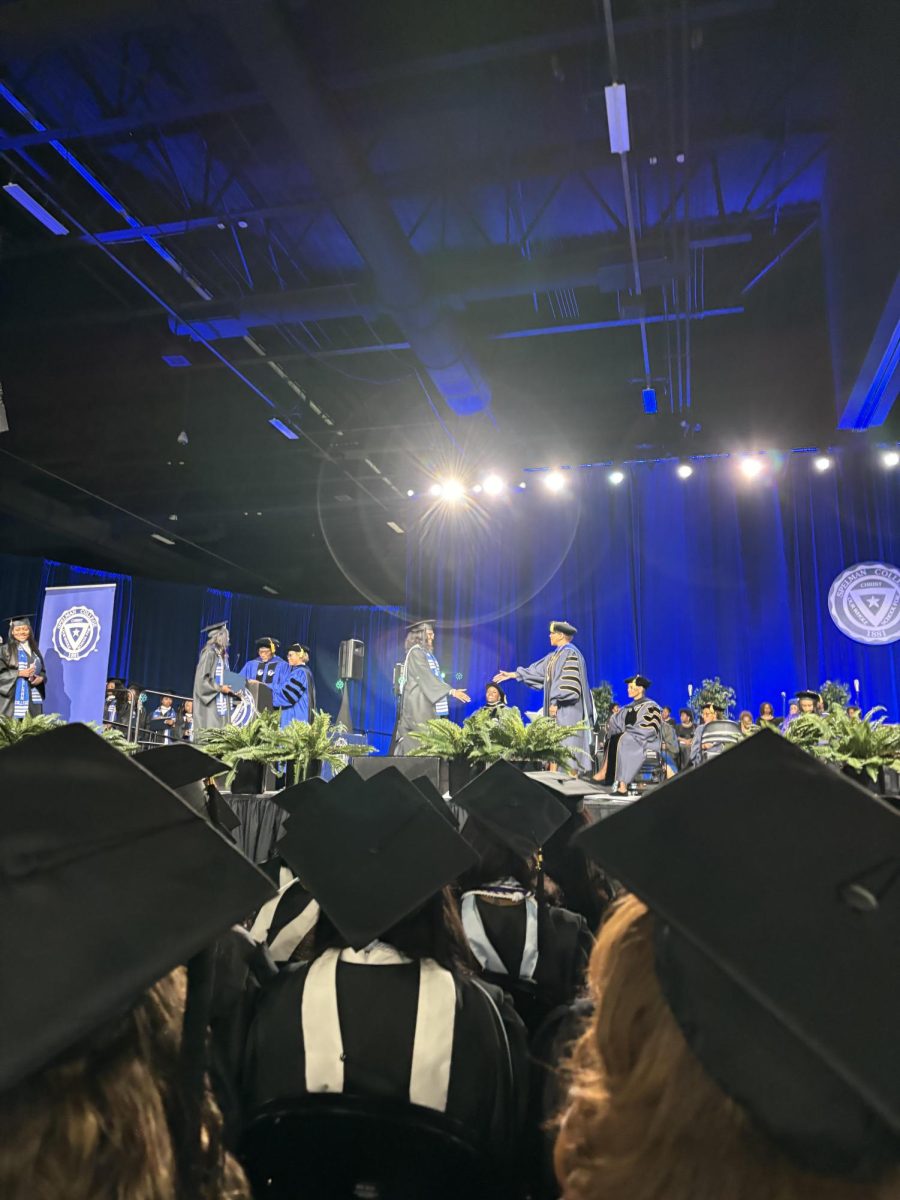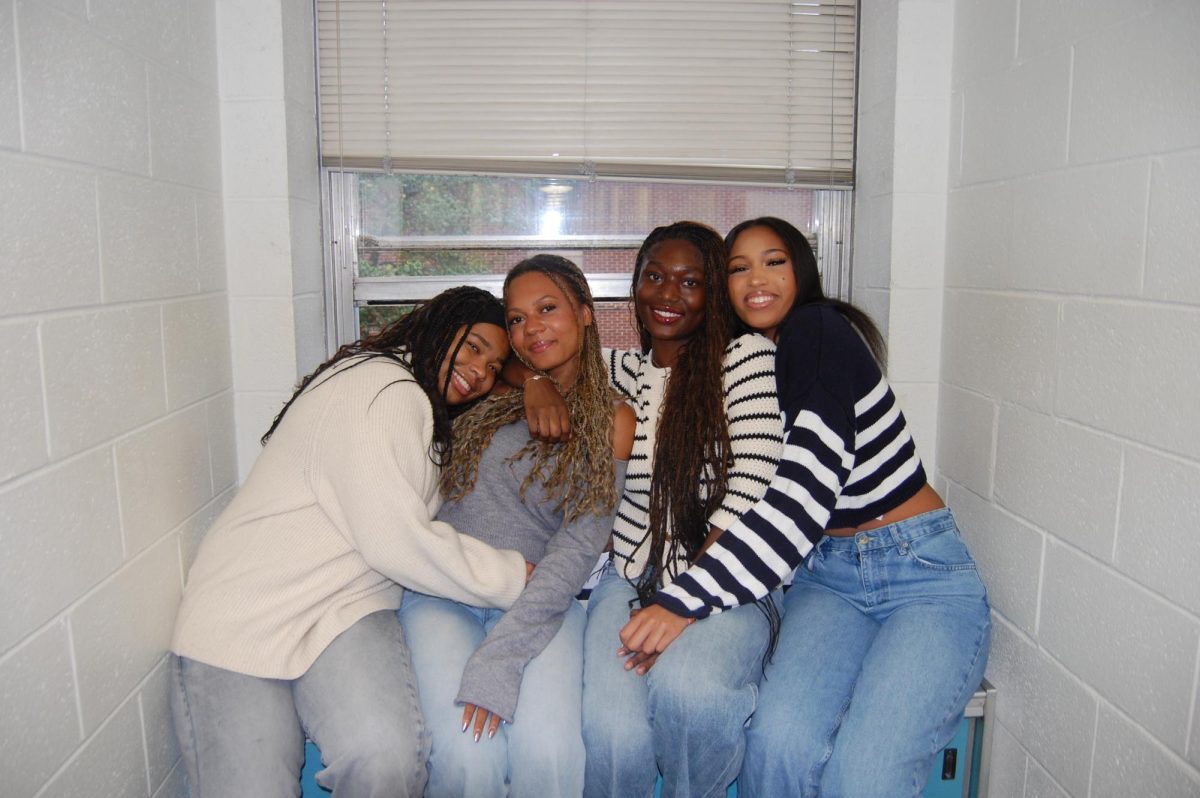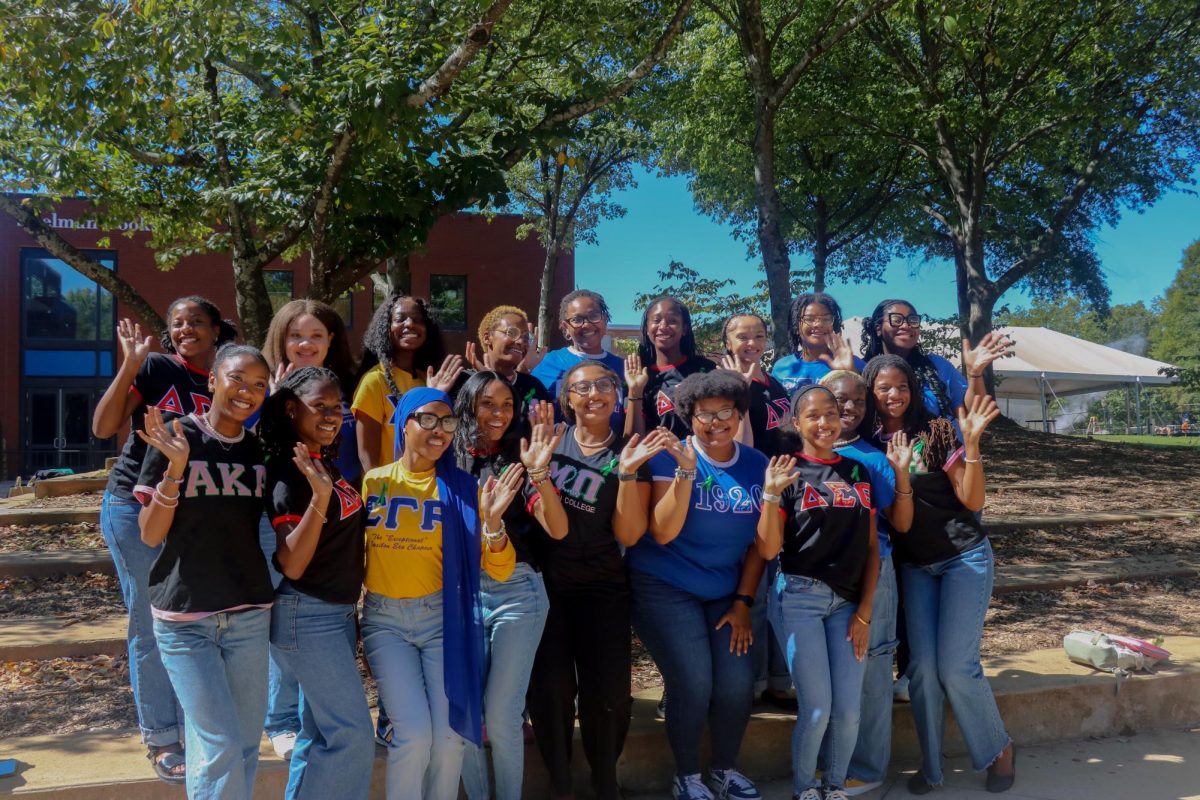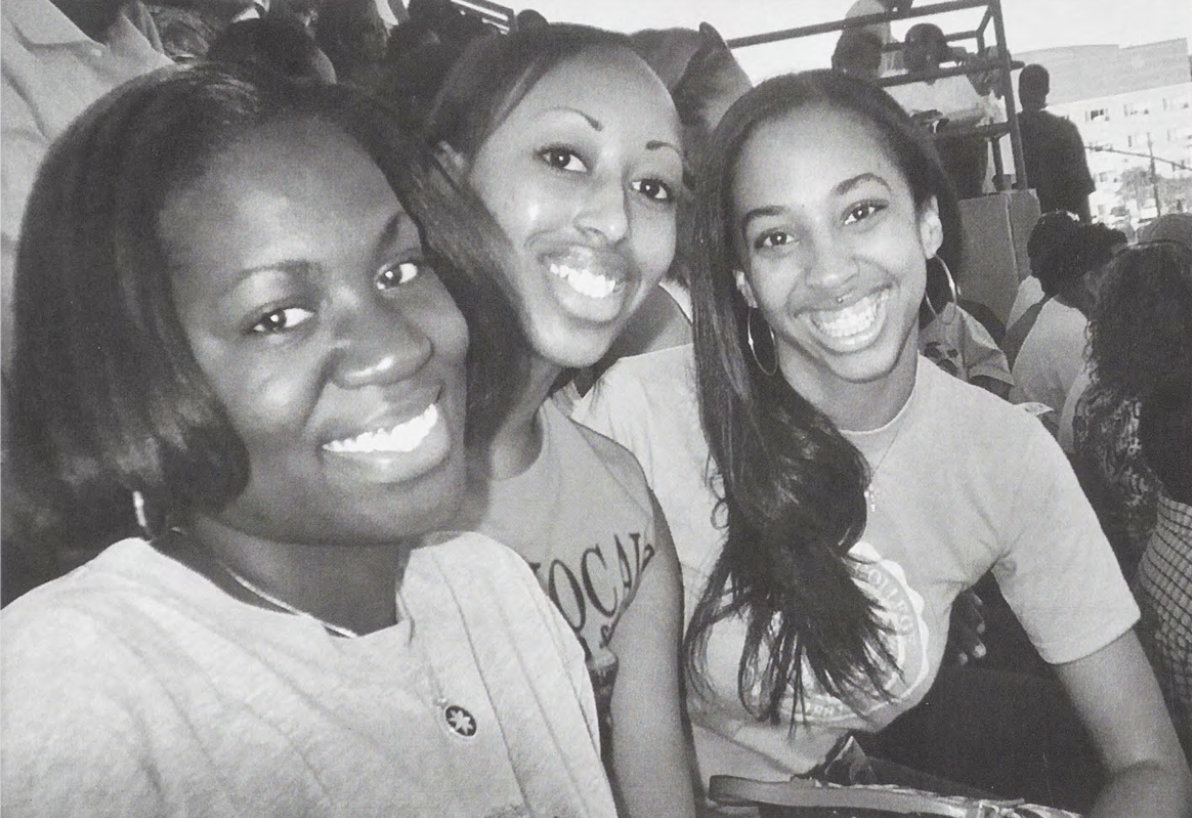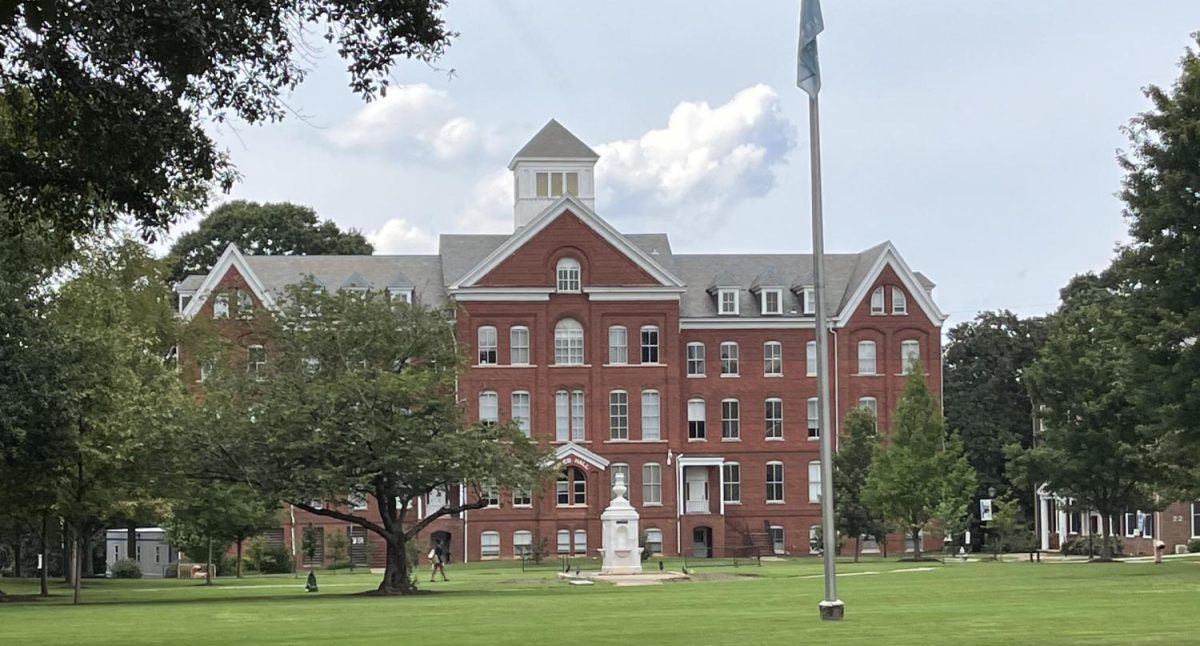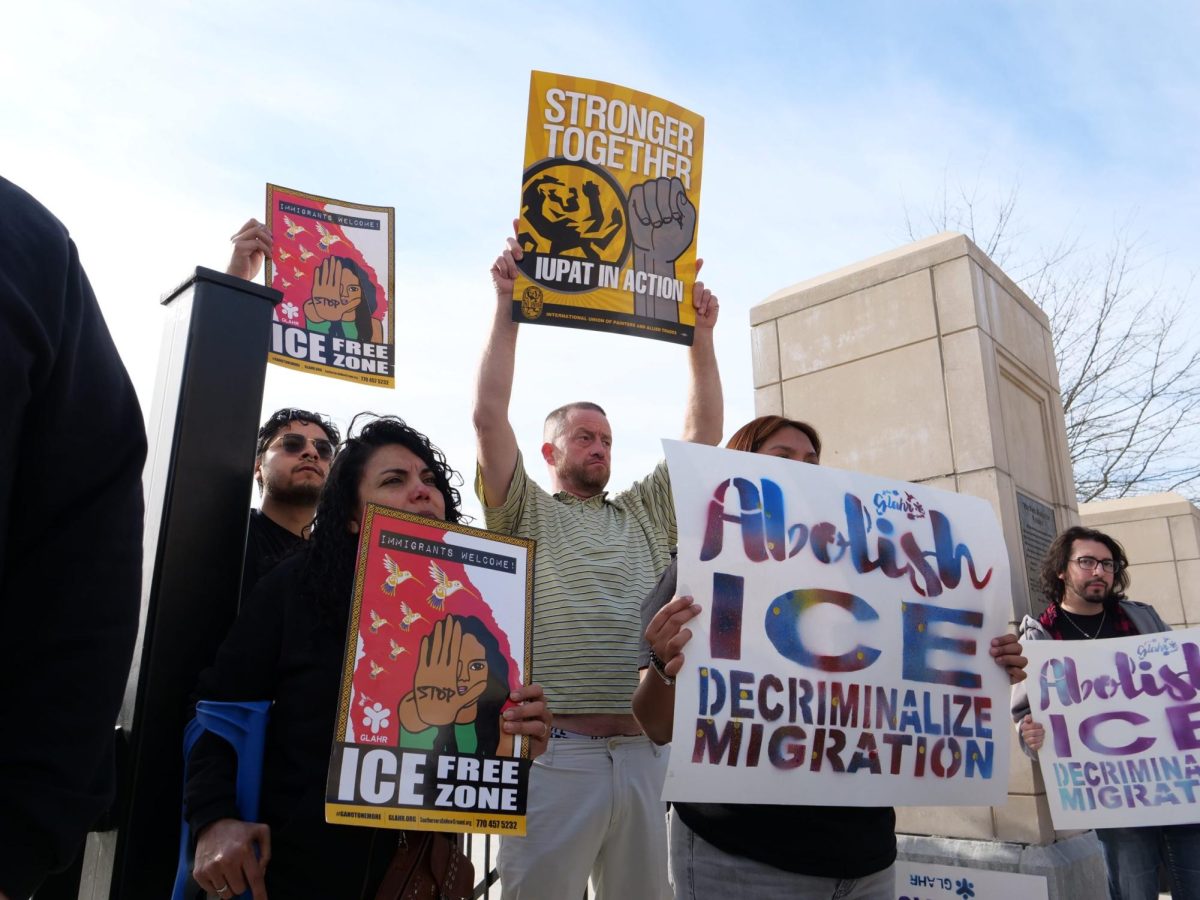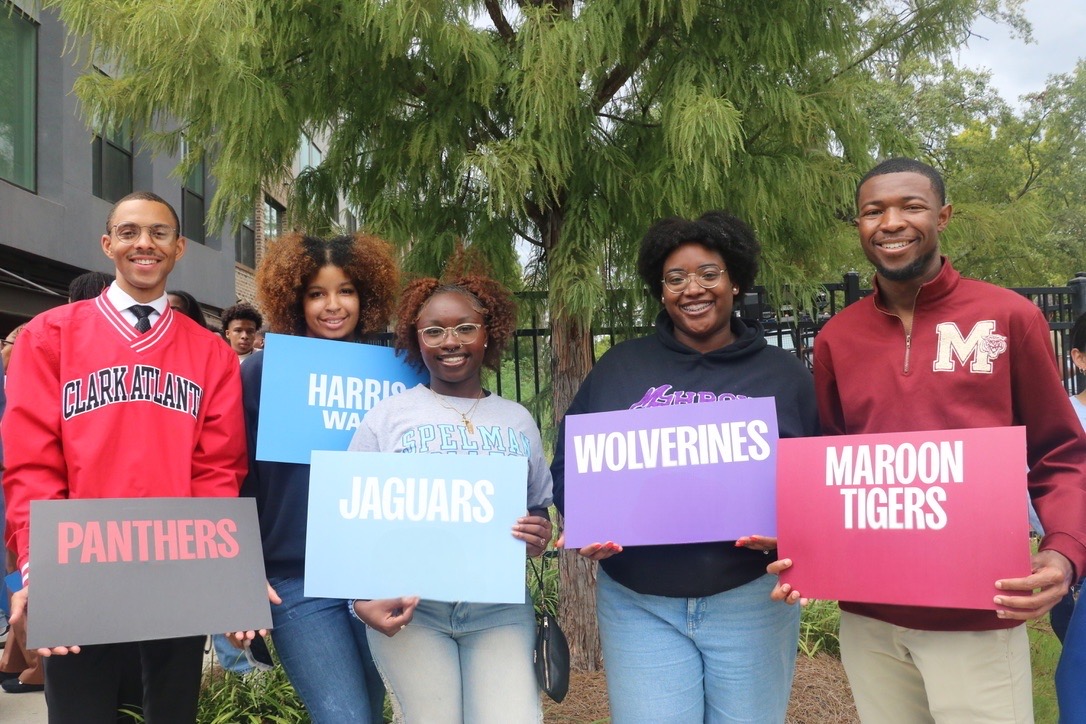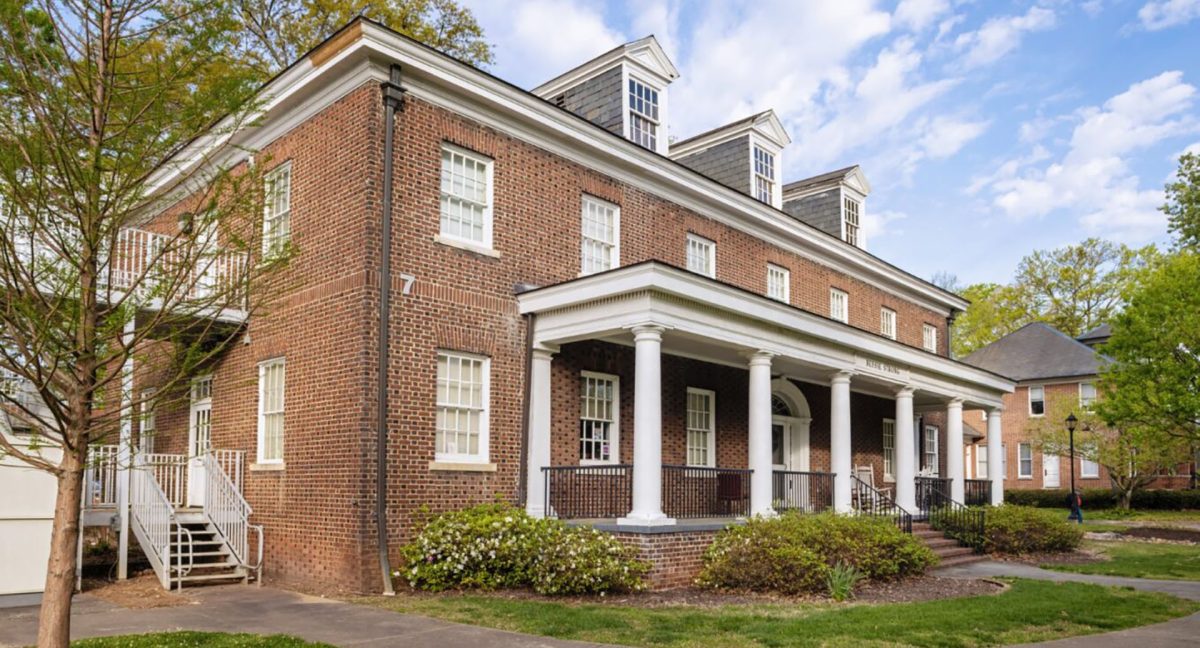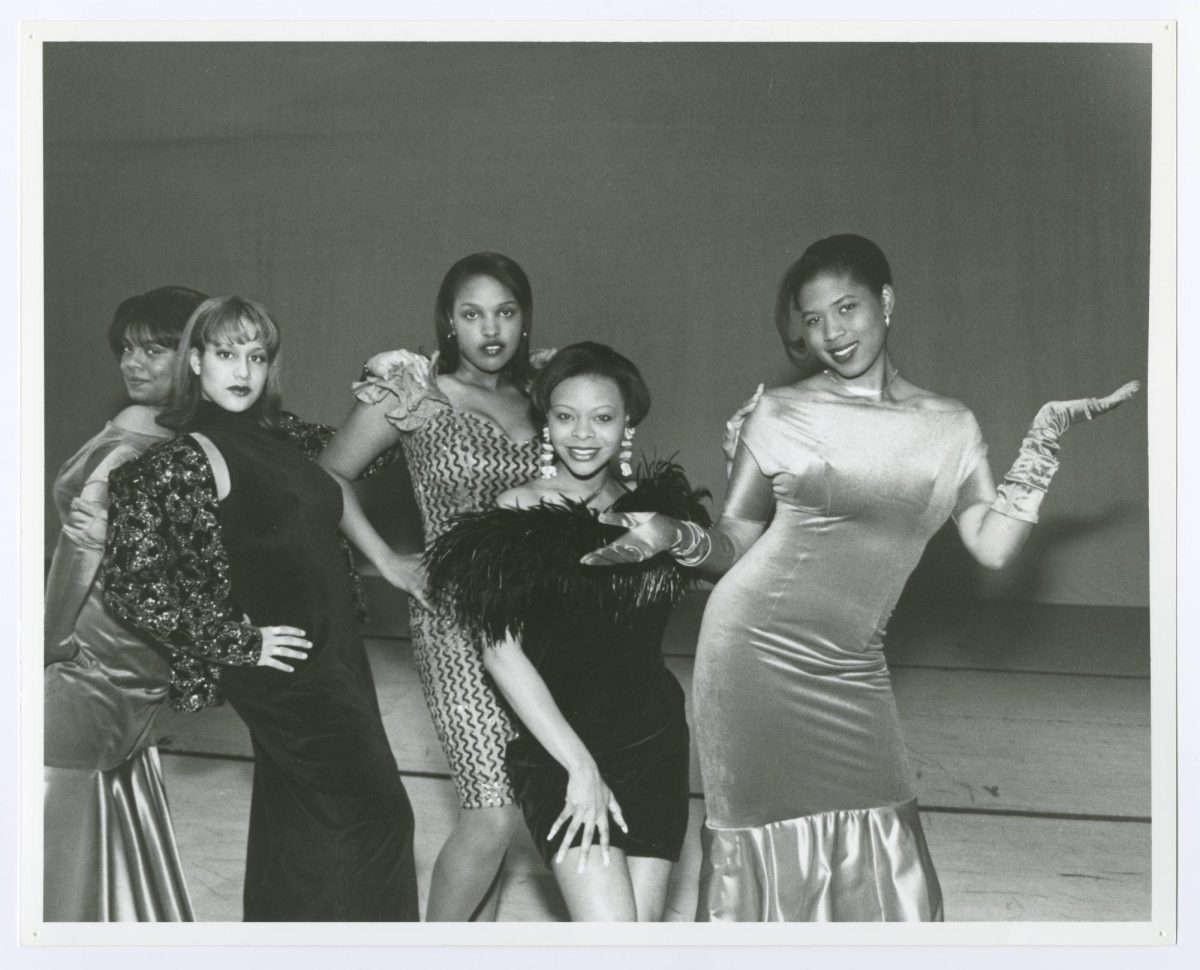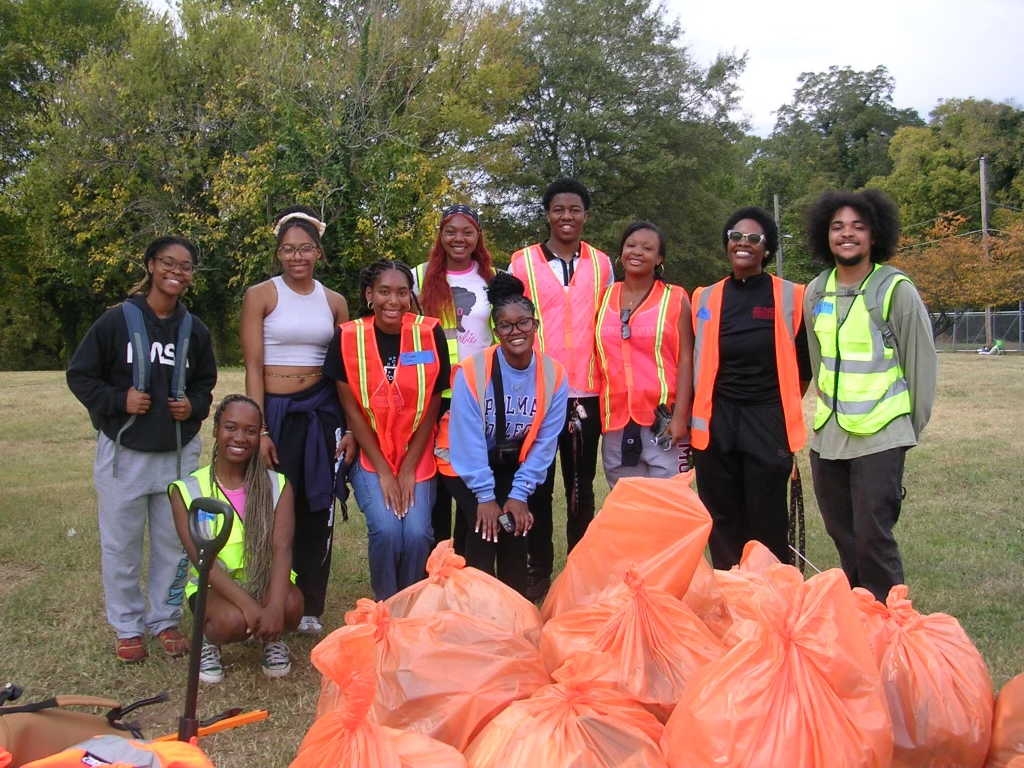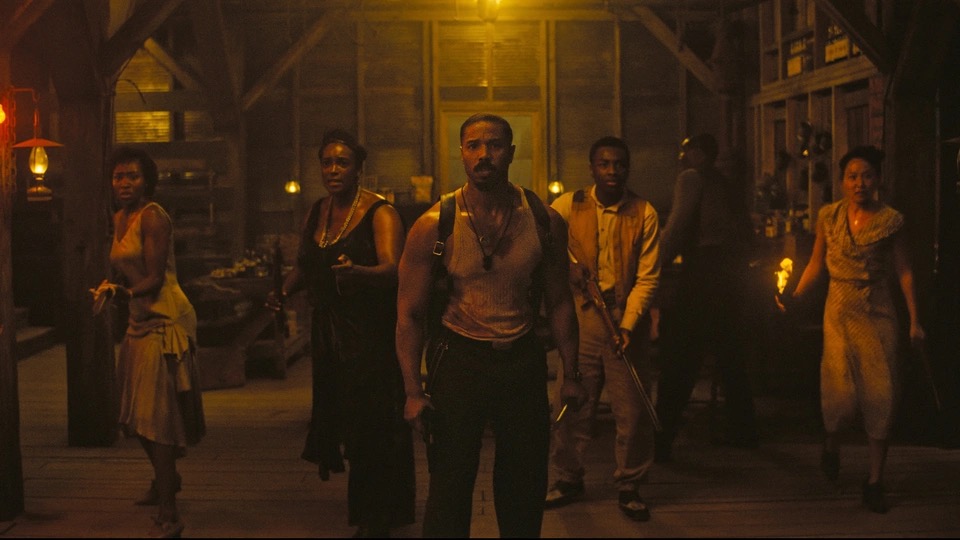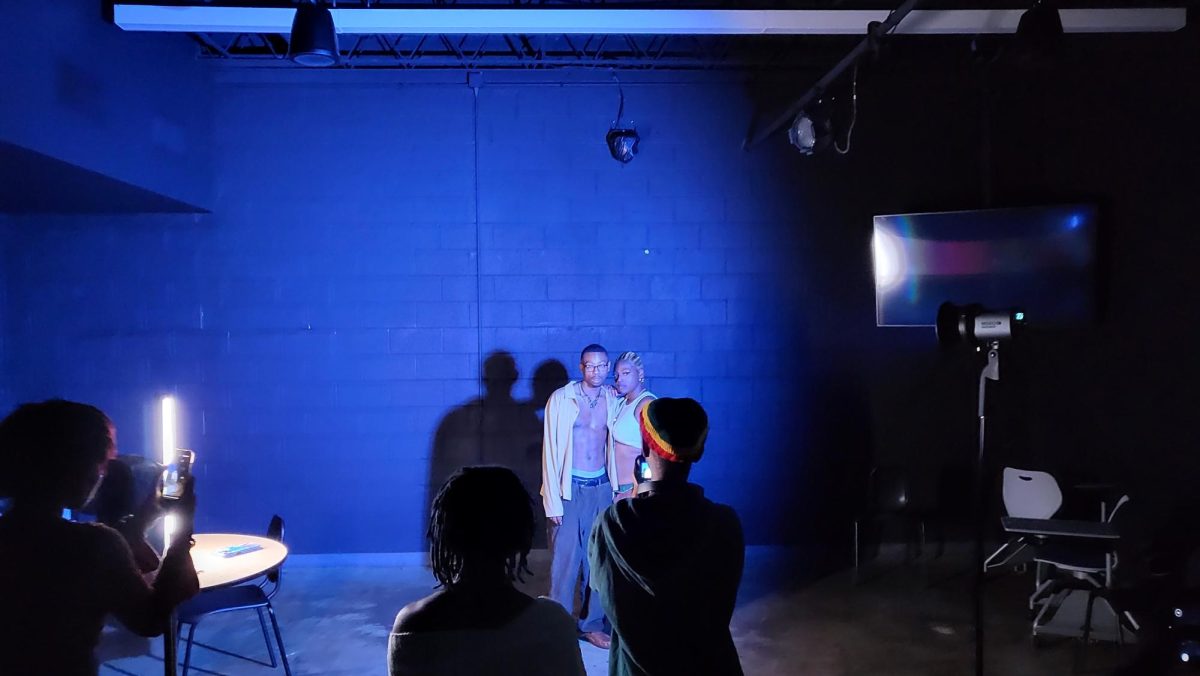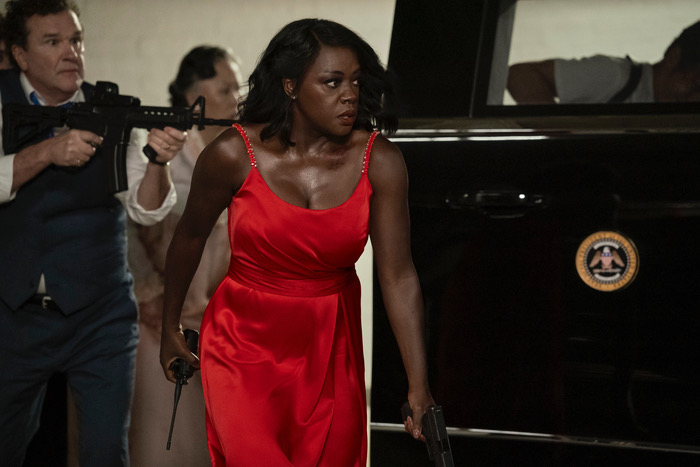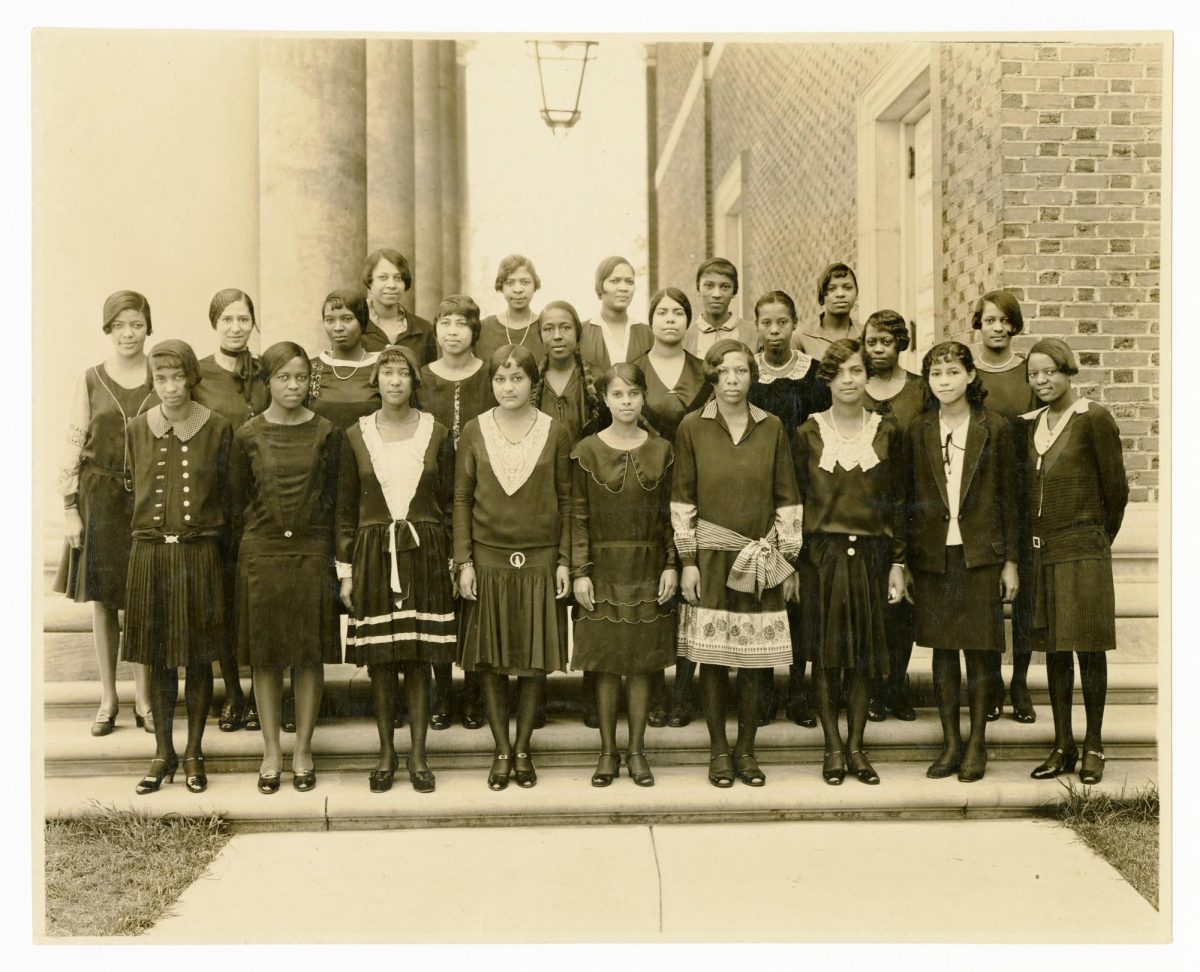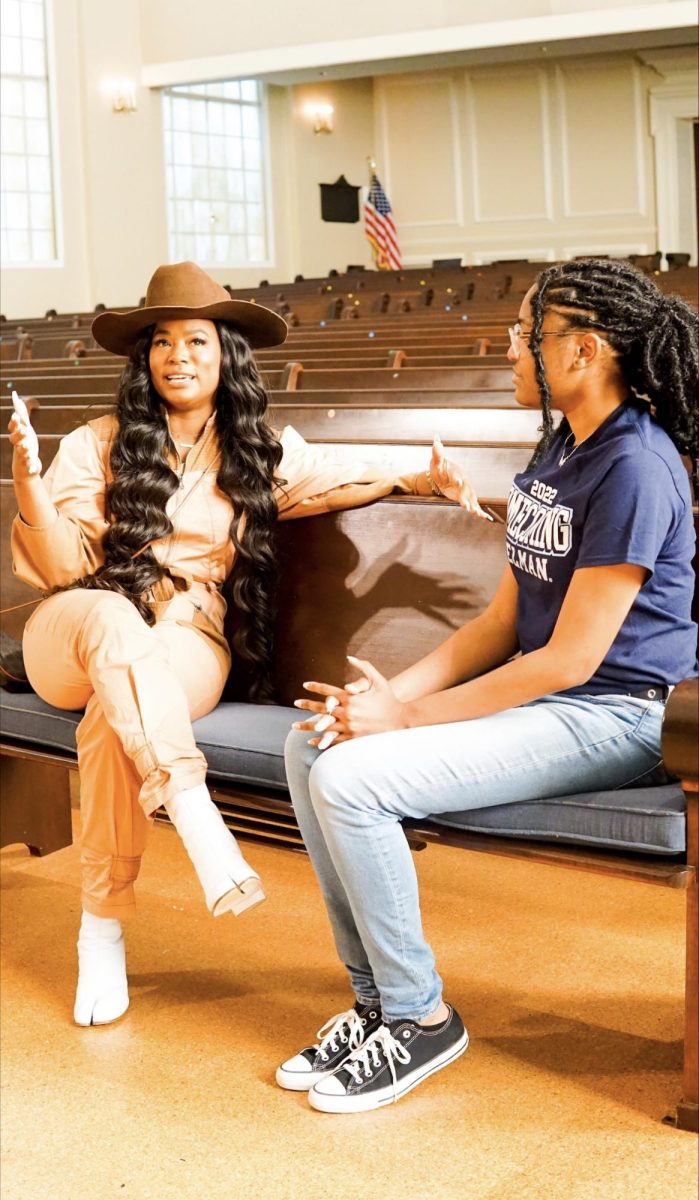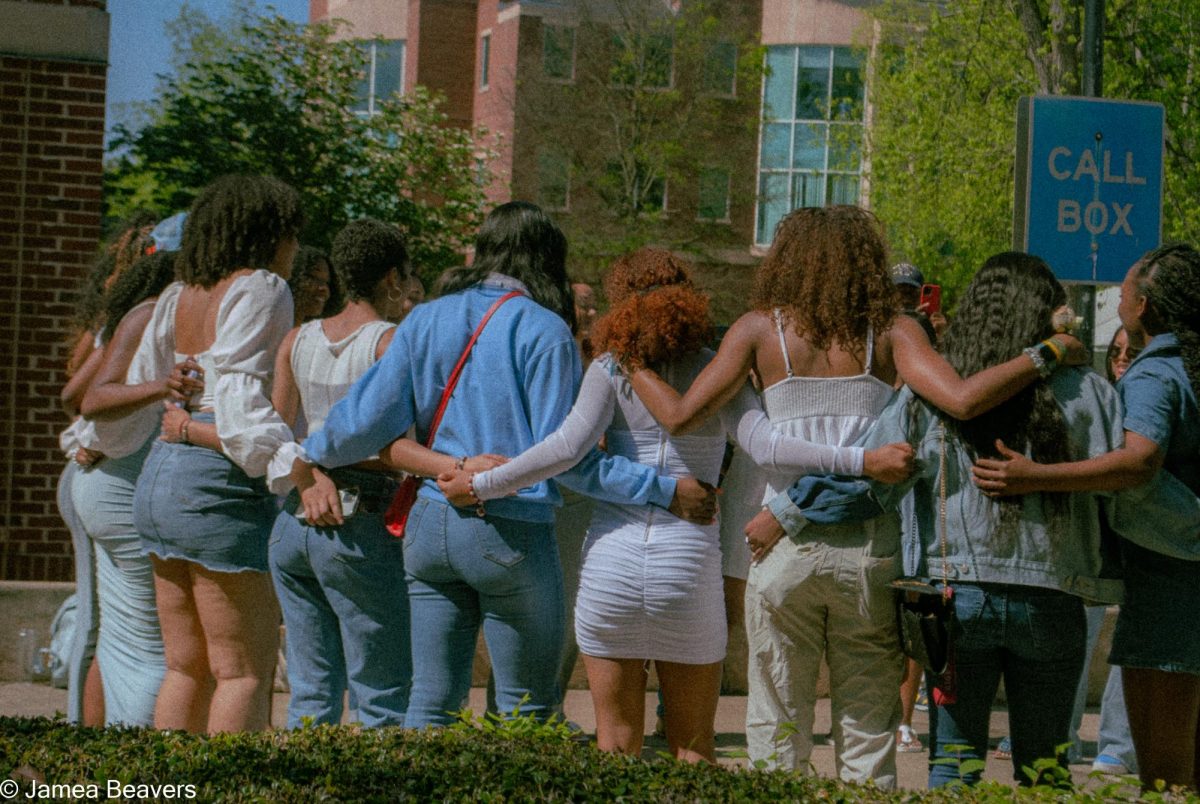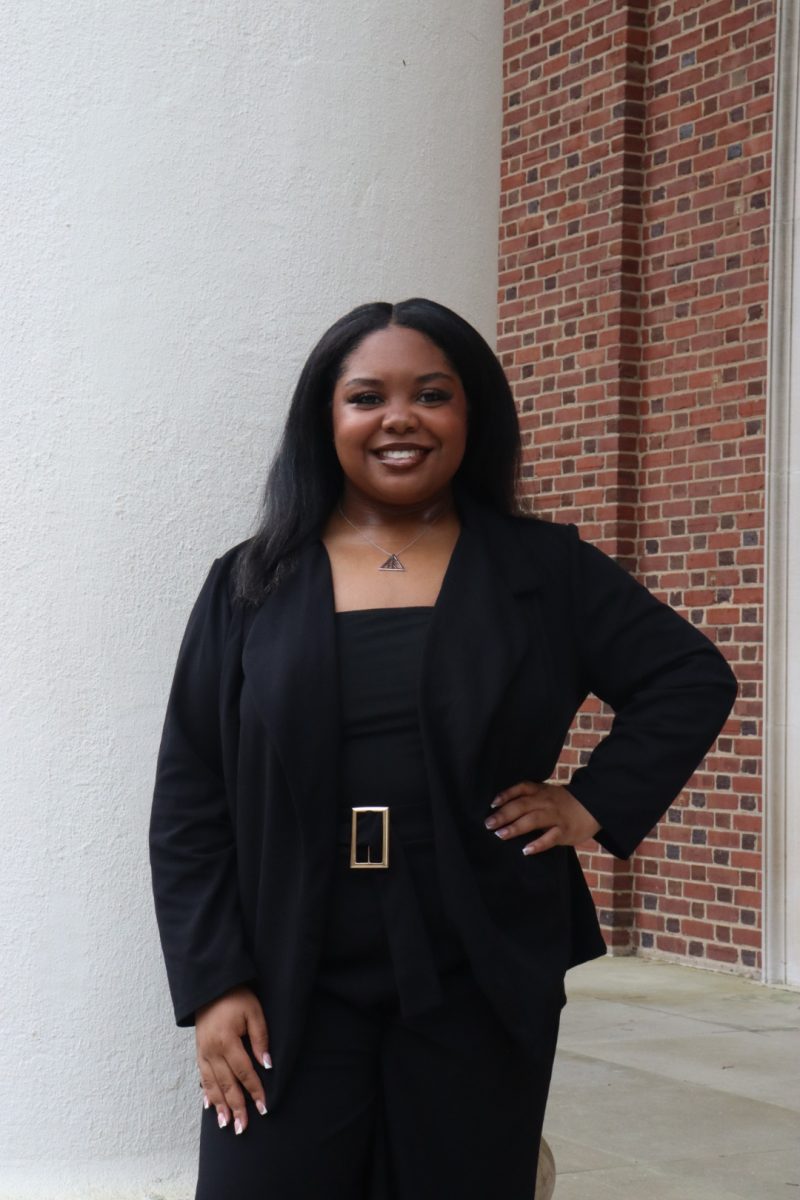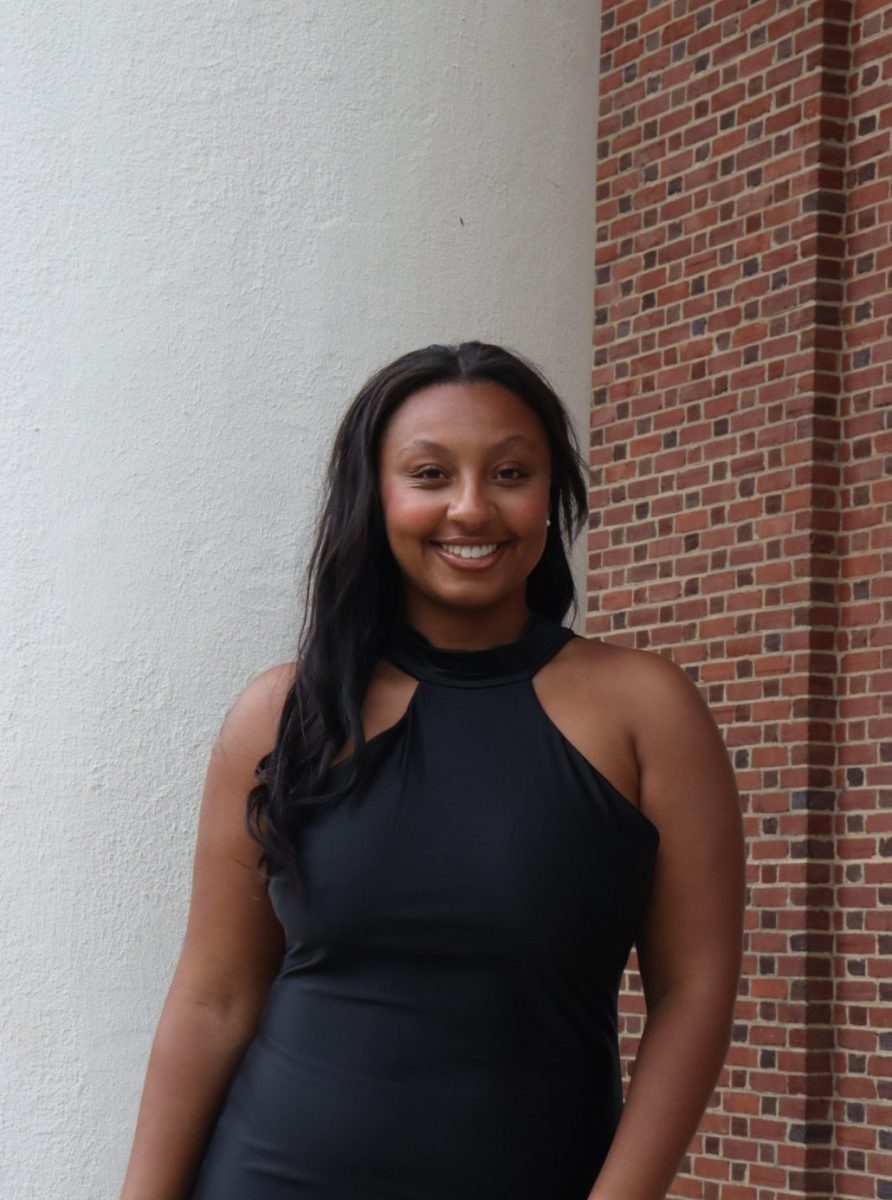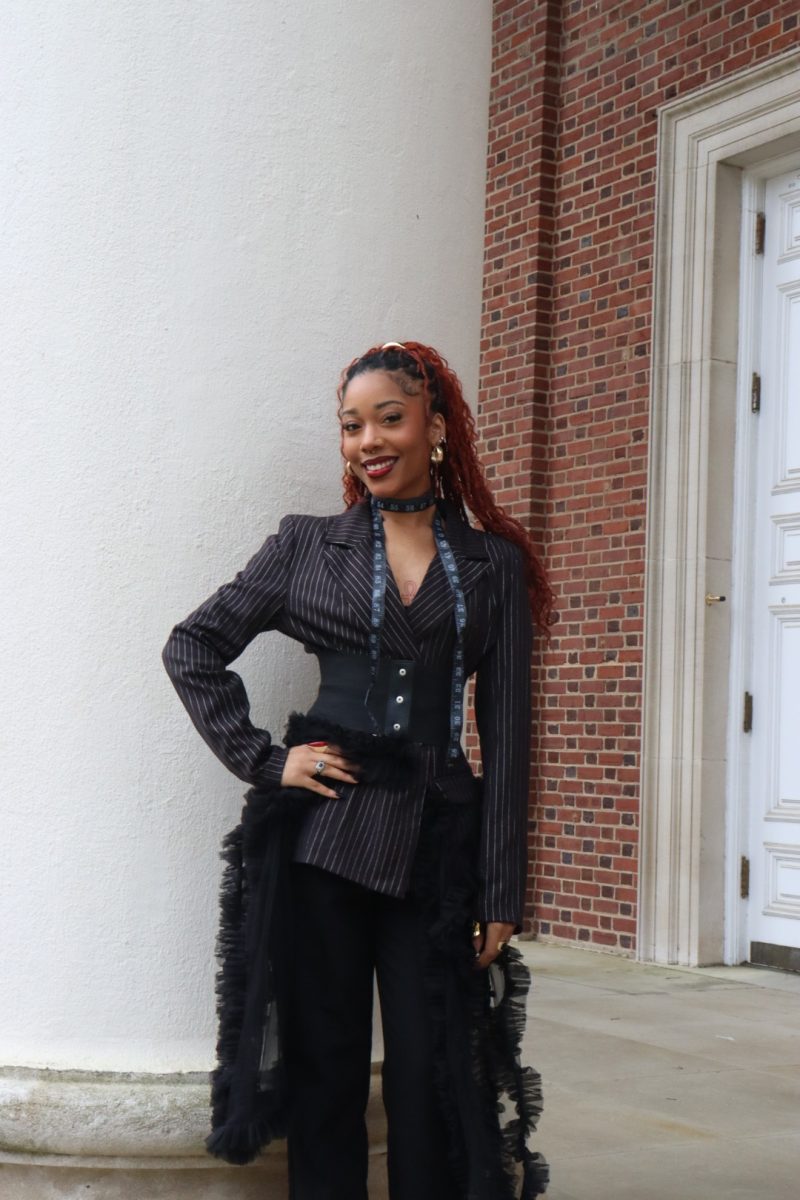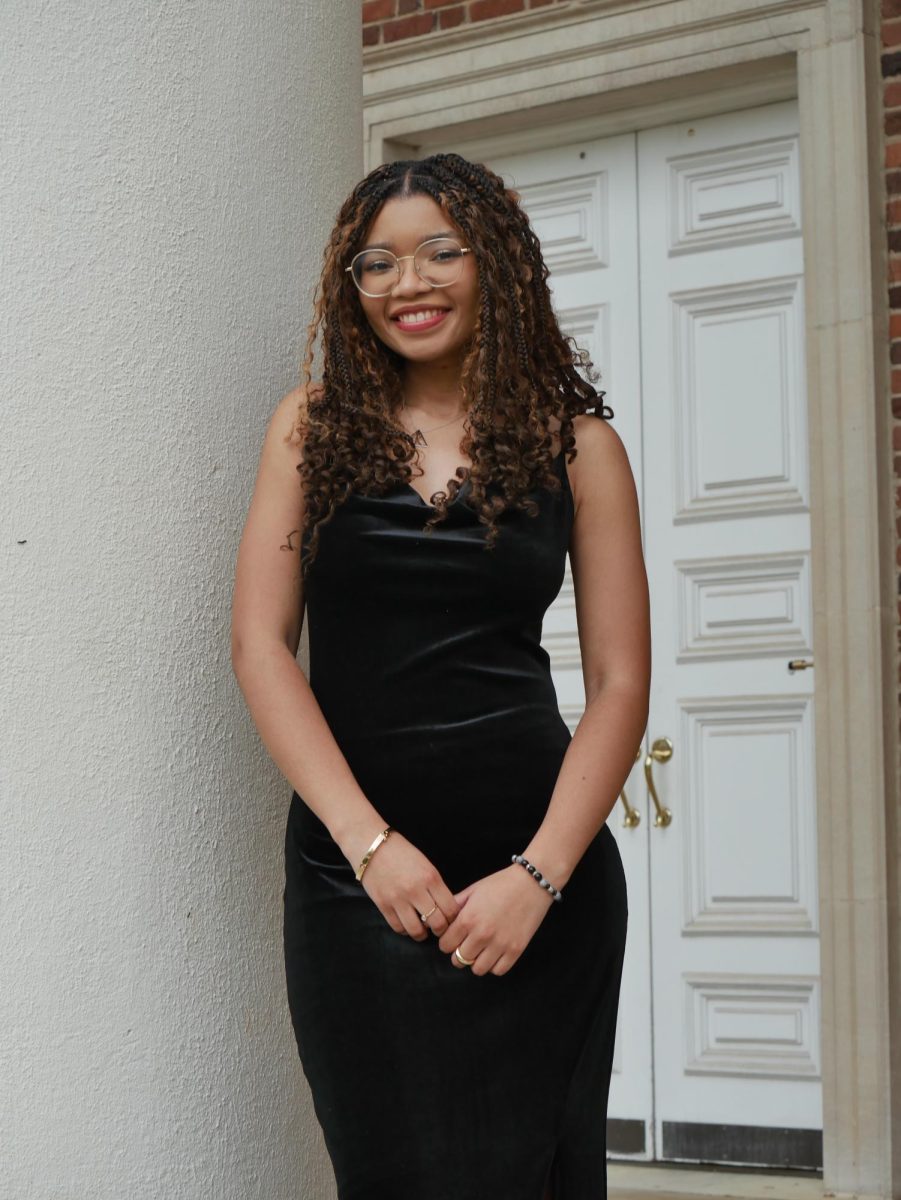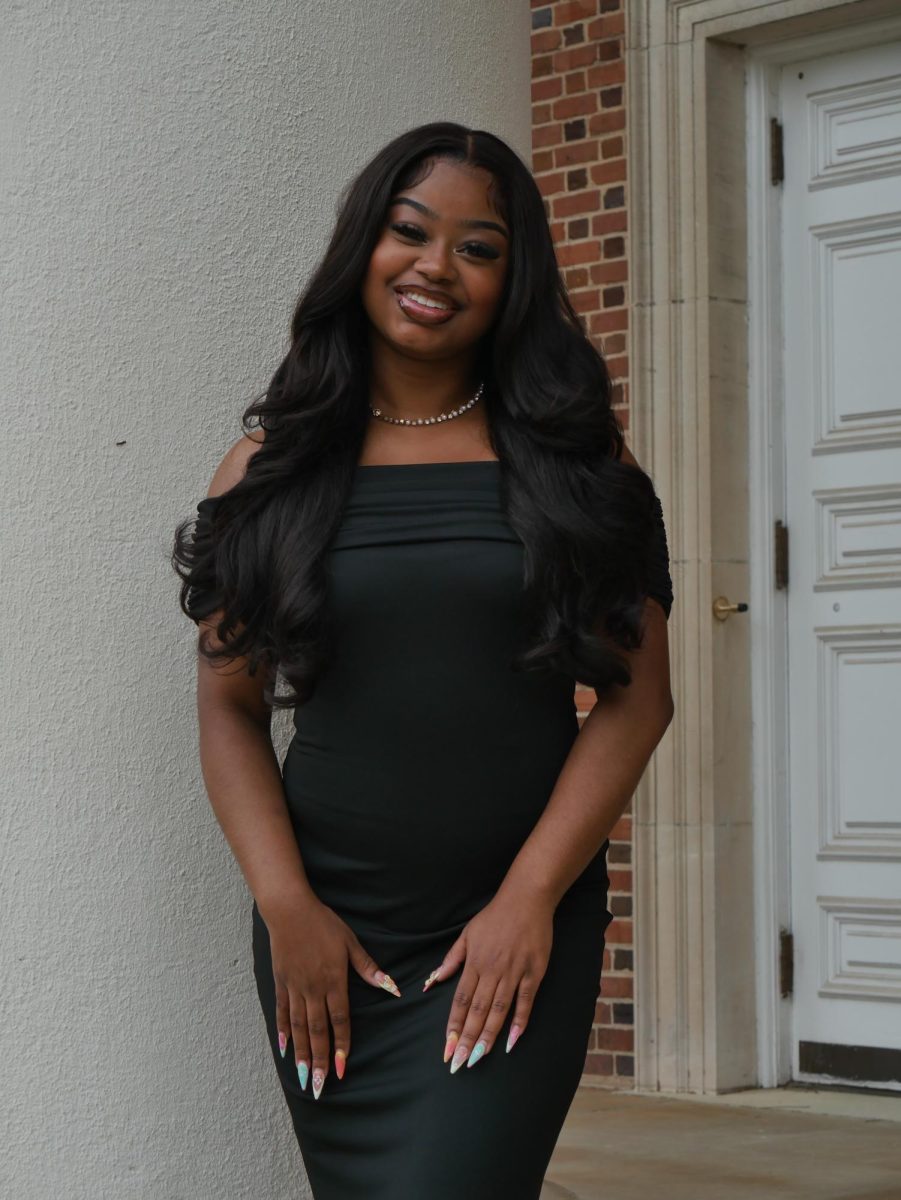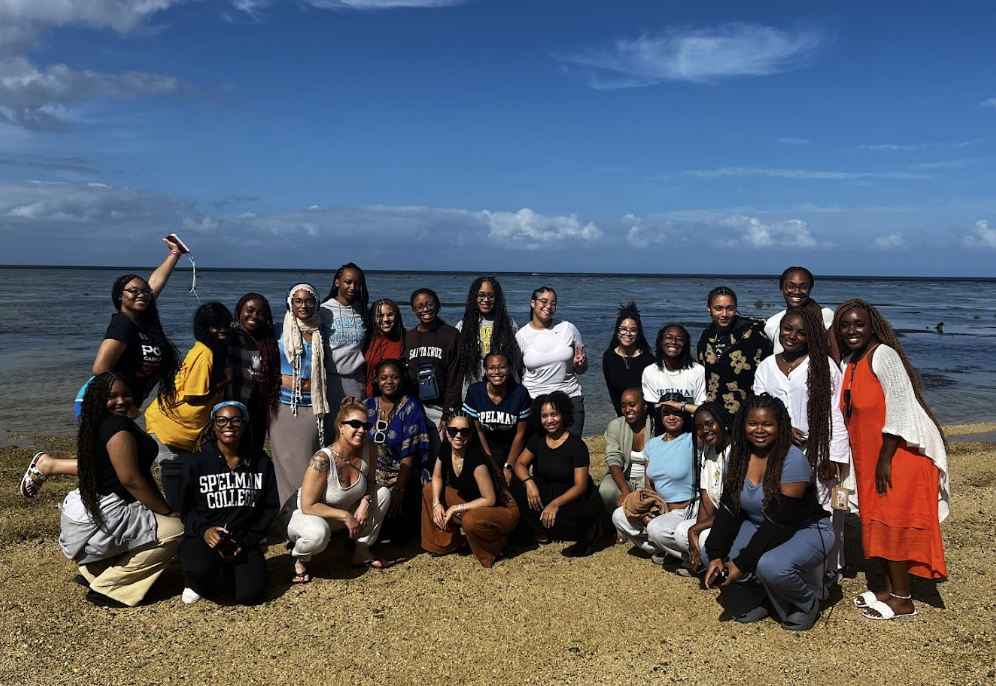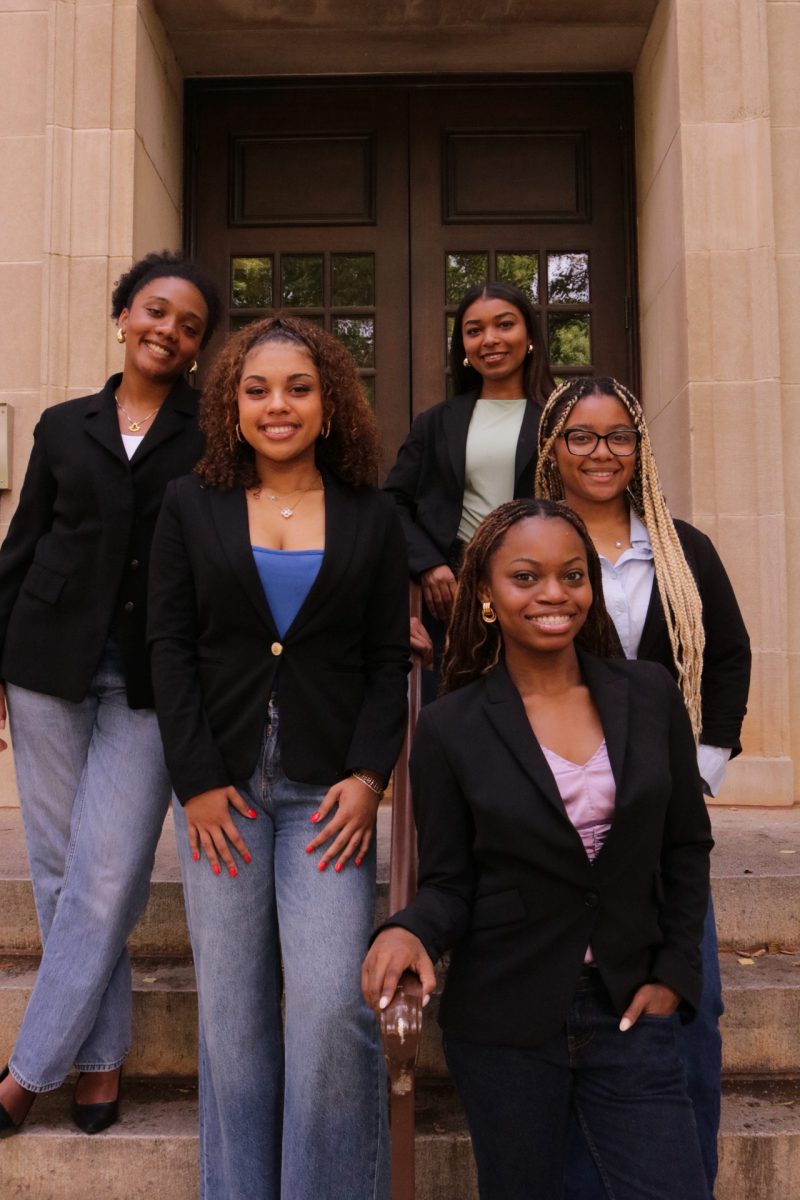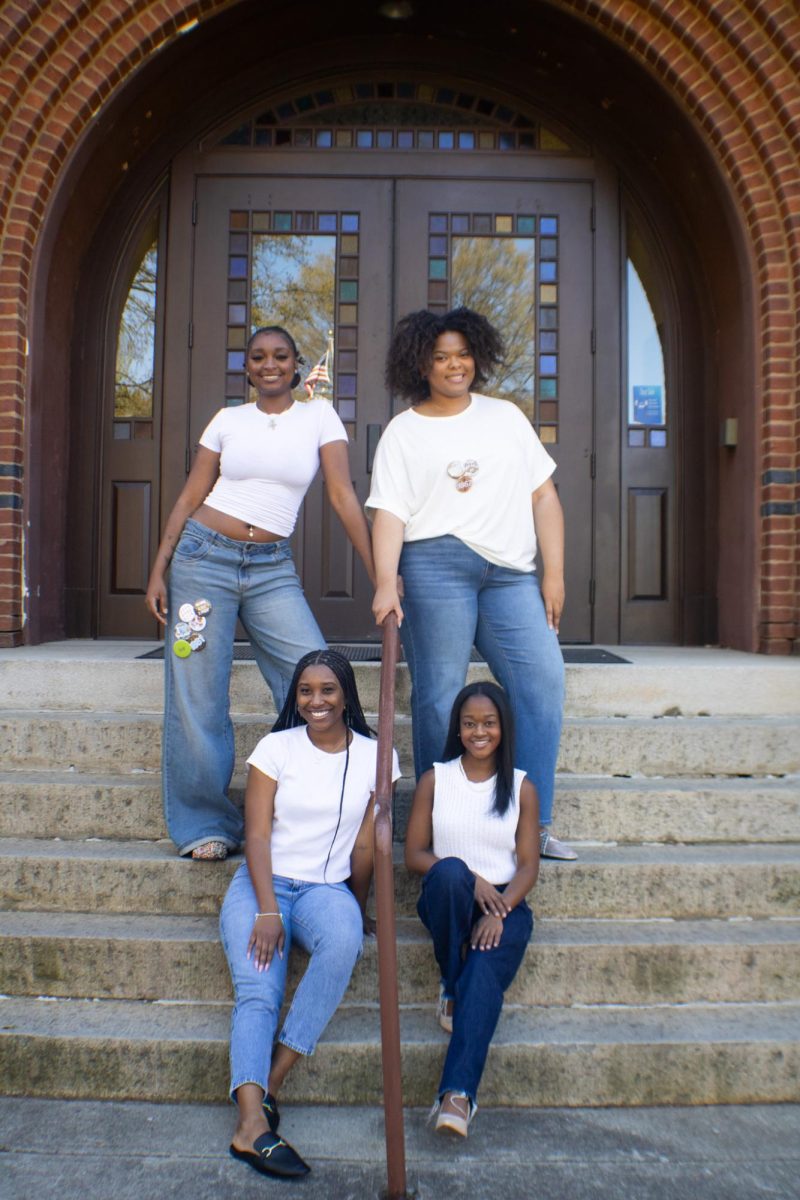When I returned to the States, people, unsurprisingly, asked me about my two-week study abroad trip to Suva, Fiji. I’m sure most people expected to hear about the excruciatingly long travel days, the group bonding in the LAX international terminal, and the breathtaking views. They probably expected to hear about how I went canoeing in the Pacific Ocean, river tubing through the Fijian Highlands, and swimming in a freshwater pool below a waterfall. Or maybe they wanted to know about all the fantastic food I ate, the day I spent in a protected Fijian village, or the numerous Kava ceremonies I participated in and observed.
However, while those experiences played a pivotal role in shaping my experience, the aspect of my experience that I wanted to share was the profound impact the experience had on me and the lessons I learned throughout my two weeks. I wanted to talk about the friendships I formed and how the trip allowed me to engage in critical self-reflection and offered a new perspective on how I viewed the world and my place in it.
The Fiji study abroad program consisted of 25 Spelman students and the faculty director, Associate Professor Dr. Shay Welch. The program, developed within Spelman’s Philosophy Department with the four-credit course Oceania: Art As Knowing, explored Indigenous philosophy from the perspective of Indigenous Oceanian epistemologies. Since the trip’s conclusion, the program has been among the top ten most popular study abroad programs at Spelman and had the highest ratio of philosophy students in a study abroad program.
Dr. Welch, who has expertise in Native American Philosophy, set out to bring the program to the Spelman community to give students the opportunity to “learn a different way of knowing aside from what we’re taught in North America.” During her time in Hawaii studying Native Hawaiian dance under epistemologies, Dr. Welch says that she recognized that Oceanian philosophy aligned with Native American philosophy in some ways, but what made Oceanian epistemologies different was that they were deeply rooted in understanding water.
The program’s interdisciplinary nature also helped to challenge our perception of what we consider art and how we value it. We looked at visual and performance art forms as entities that harbour cultural knowledge and express philosophical ideas. We looked at traditional art forms such as dance, sculpture, and music, as well as art forms that we may not have considered before, like cooking or ceremonies; we used the art we were learning to understand each practice’s philosophical connections and meanings. At the end of our course, everyone had to make an original form of art (sculptures, paintings, spoken word poems, songs, etc.) that conveyed an Oceanian philosophical idea that was discussed in our assigned readings.
Not only was it the first time a Spelman group had traveled to the South Pacific, but it was also the largest study-abroad cohort at Spelman. Beyond that, the nature of the course was historic in itself; being able to study Indigenous Fijian and Oceanian philosophy was a privilege that is not accessible to everyone in the world, as there’s limited printed material available.
To Dr. Welch’s knowledge, we were the first study abroad group to travel to Fiji, in the United States and Canada. And, given her familiarity and friendships with other philosophers who are working with Indigenous Oceanian philosophies, she says that, to her knowledge, we are the only people who have ever done a four-credit Oceanian philosophy course.
So, with the course being centered around Indigenous Fijian and Oceanian philosophy and epistemology, the 25 of us were among an extremely small population of people who had the opportunity to learn Oceanian and Fijian philosophy in a classroom setting. The limited and somewhat exclusive nature of the academic course greatly impacted how and what we were able to learn in terms of our class structure.
“I don’t think this could ever happen again and I think that it was possibly one of the most unique experiences that any of us could ever have in our entire lives. It was a once-in-a-lifetime thing, and I don’t know how it all came together, but it was a magical experience where all of the stars aligned, and…we were blessed in a way that I don’t think any of us will ever know that we got the experience we had.” Dr. Welch talks about the final results of the program.
But what made this experience unique to the participating students? I spoke with some girls from the study abroad trip about their experiences and takeaways. Some of us returned from the trip with a new mindset and outlook.
For Junior Brielle Johnson, one of the things that made this particular study abroad program unique was the location.“We were in Suva, we weren’t in Nadi, so we weren’t in more of the touristy area.”
Suva is the capital of the Fiji Islands, and, as Brielle stated, it’s not as touristy as other areas of the country. In my opinion, this gave us an authentic view of life in Fiji as it wasn’t overpowered by resort living.
Another aspect that Brielle discussed was the philosophy component of our course. Our group was presented with the opportunity to purposefully learn about a different culture through its philosophical foundation and see how their philosophies translated into their everyday lives. And a common theme among the students was the importance of community and the idea of communalism in shaping their experience, specifically because it challenged their Western perspectives.
Sophomore Sydney Smith said the trip “highlighted a lot of simplicity for me. Life isn’t nearly as complicated as it is in the West. A lot of the challenges and the things that we find exciting in the West are fabricated, and they’re not flesh and blood in the way that we believe them to be.”
“I really appreciated the communal approach to living that they had in Fiji because I think in Western society it can be very individualistic our perspective on the world.” Senior Nia Wallace said. “And so it was nice, it was very refreshing and just a different perspective that I really really appreciated that taught me to look differently at the world around me, look differently at my friends, look differently at my community, look differently at my fellow stranger.”
Similarly, when thinking back to her most profound memory from the trip, Sophomore Starr Raudenbasch referred back to our village trip and the farewell song the village members sang at the end of our visit. There, she says, she saw their communal approach to living in the village. “The experience really showed me how communalism creates unity between everyone, and I just really admired how everyone thought outside of themselves.”
Having these conversations allowed me to see how integral community and selflessness were to our experience in Fiji and how the concepts and ideas we were engaging in our studies manifested in our interactions with each other.
With instances of miscommunication and misunderstanding of our course’s intent and what our purpose of being in Fiji was, we had to lean on the support of our professor at the University of The South Pacific, Master Wame, who was vital in the development of our course.
As Dr. Welch highlights, “the only way that we were able to learn the indigenous Fijian philosophy we were able to learn as because he [Master Wame] was an indigenous Fijian speaker.”
The two quickly developed a symbiotic relationship where Dr. Welch brought in her understanding of philosophy and her expertise in Native American philosophy, and Master Wame brought his personal experience as an Indigenous Fijian, whether it be his experience with the philosophical concepts we were learning or understanding the Indigenous Fijian language.
We also leaned on the support of our two Think Pacific Study Tour guides, who are also students at the University. They helped in the logistical aspects of our trip and post-class activities. However, throughout our time in Fiji, our relationship transcended that of a study tour guide; we got to know each other as people and developed a genuine friendship.
And, we leaned on each other, whether it meant being a sounding board for final project brainstorms, helping each other understand certain philosophical concepts, or being a support system for navigating and adjusting to life in Fiji. We formed our own community through the late nights spent in the dining area of our accommodations, working on our final projects, helping each other understand different philosophical concepts, and karaoke sessions in the van on our way to wherever we were headed off for the day.
Everyone involved learned from one another and worked together to ensure everyone benefited from the experience. We created a unique dynamic within our group, where everyone involved learned from one another, both in and beyond the classroom, while working together to ensure that every one of us benefited from the experience.
However, considering potential institutional changes at the University of the South Pacific, it’s possible that this won’t be an opportunity offered to Spelman students again in the future. If it were, it’s doubtful that it would be the same experience where people could learn the Indigenous Fijian philosophies in the way we did. Although it may not have been the smoothest journey, we returned to the United States with the comfort of knowing that we got the most out of our two weeks.
Without understanding the significance of the program and the important work we were engaging in, it’s easy to write off the study abroad trip as luxurious. And while it didn’t hurt that I lived on an island for two weeks, my experience truly allowed me to curate a closer relationship with myself.
Travelling and learning in Fiji expanded my mind and allowed me to see and move through the world. It challenged how I understand community as well as my place and role in the world. It’s an experience that I am immensely grateful to have had the opportunity to have and one that I will continue to cherish.
